Tag: China


If you care about liberty, beware of CBDCs
December 11, 2023 | Post
In recent years, the concept of Central Bank Digital Currencies (CBDCs) has gained increasing traction across the globe, with proponents lauding the potential benefits of a digitized monetary system.
However, when we explore the real-life implications of CBDCs, it becomes increasingly clear that the rush toward digital currencies controlled by central banks poses a significant threat to individual liberty.

Globalization: a curse or a blessing?
September 14, 2023 | Post
For far too long, the fixed pie fallacy was the most widely held belief. When wars over resources were too costly to fight, society (not understanding that the ultimate resource is the human mind) went back to the good old trade wars of the mercantilist era. But something changed after the Second World War when Japan took a different path.
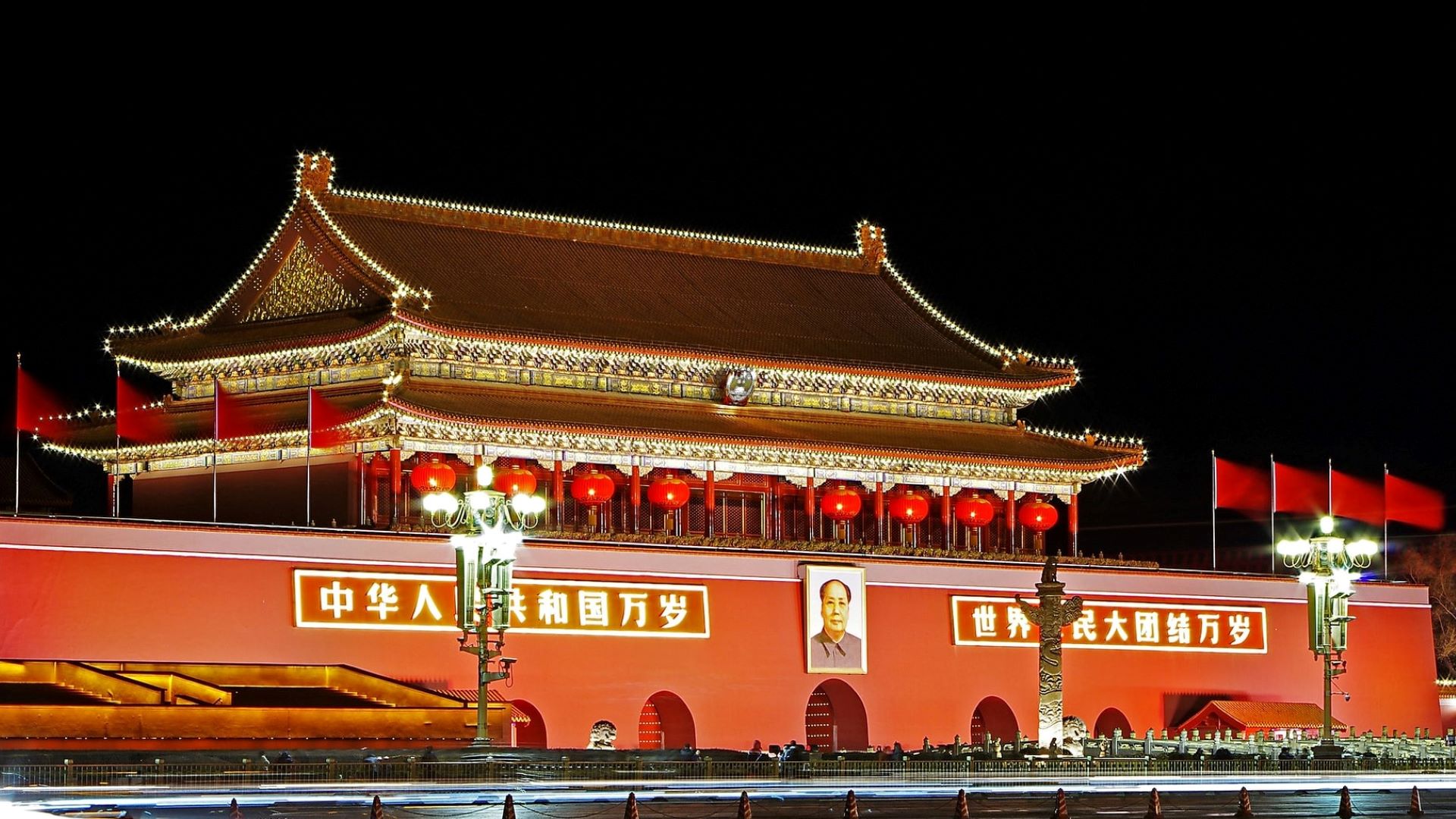
China’s authoritarian export: the technocratic menace and global ideological battle
June 4, 2023 | Post
The Chinese regime inherently rejects the ideas and values of individual liberty, meaningful economic freedom, transparency and human rights
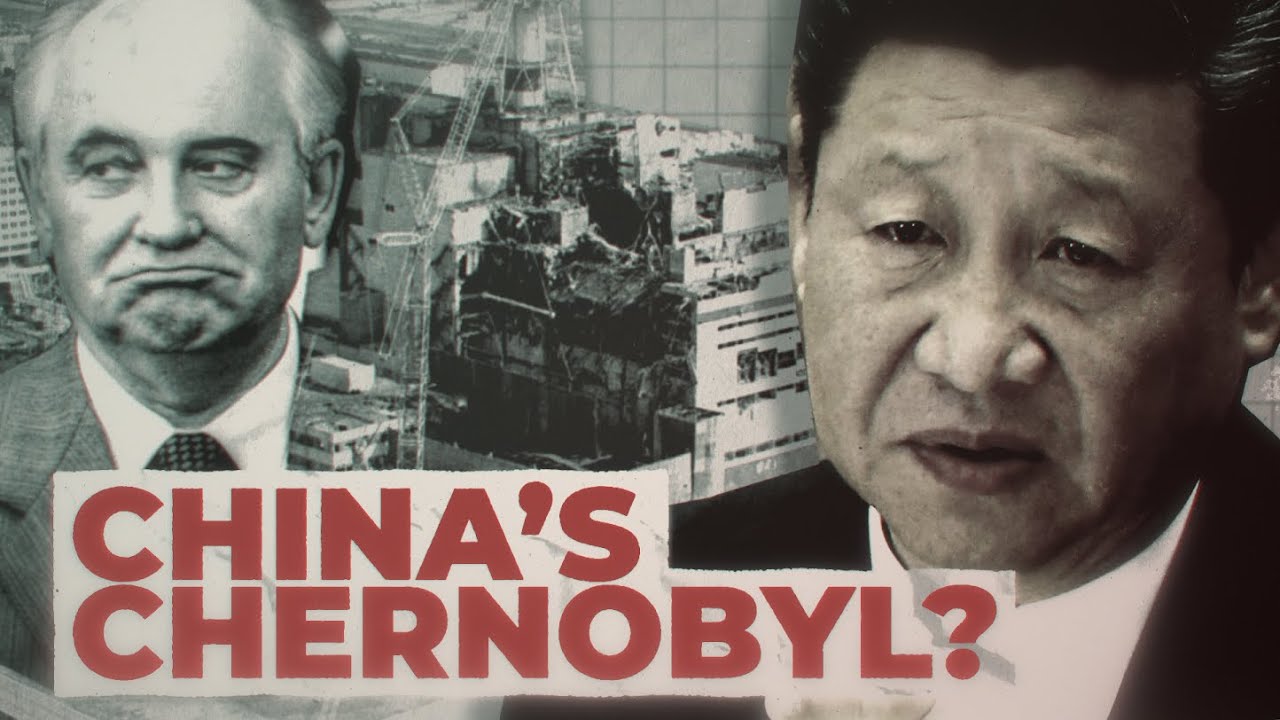
Is Covid China’s Chernobyl?
April 7, 2023 | Video
Chernobyl contributed to the fall of the Soviet Union. Could Covid do the same to the CCP in China? We assessed the timelines of the disasters, each’s political climate, and the response of each government. We also analyze why communist dictatorships like those in the USSR and China are inherently unstable. Referenced in this video […]
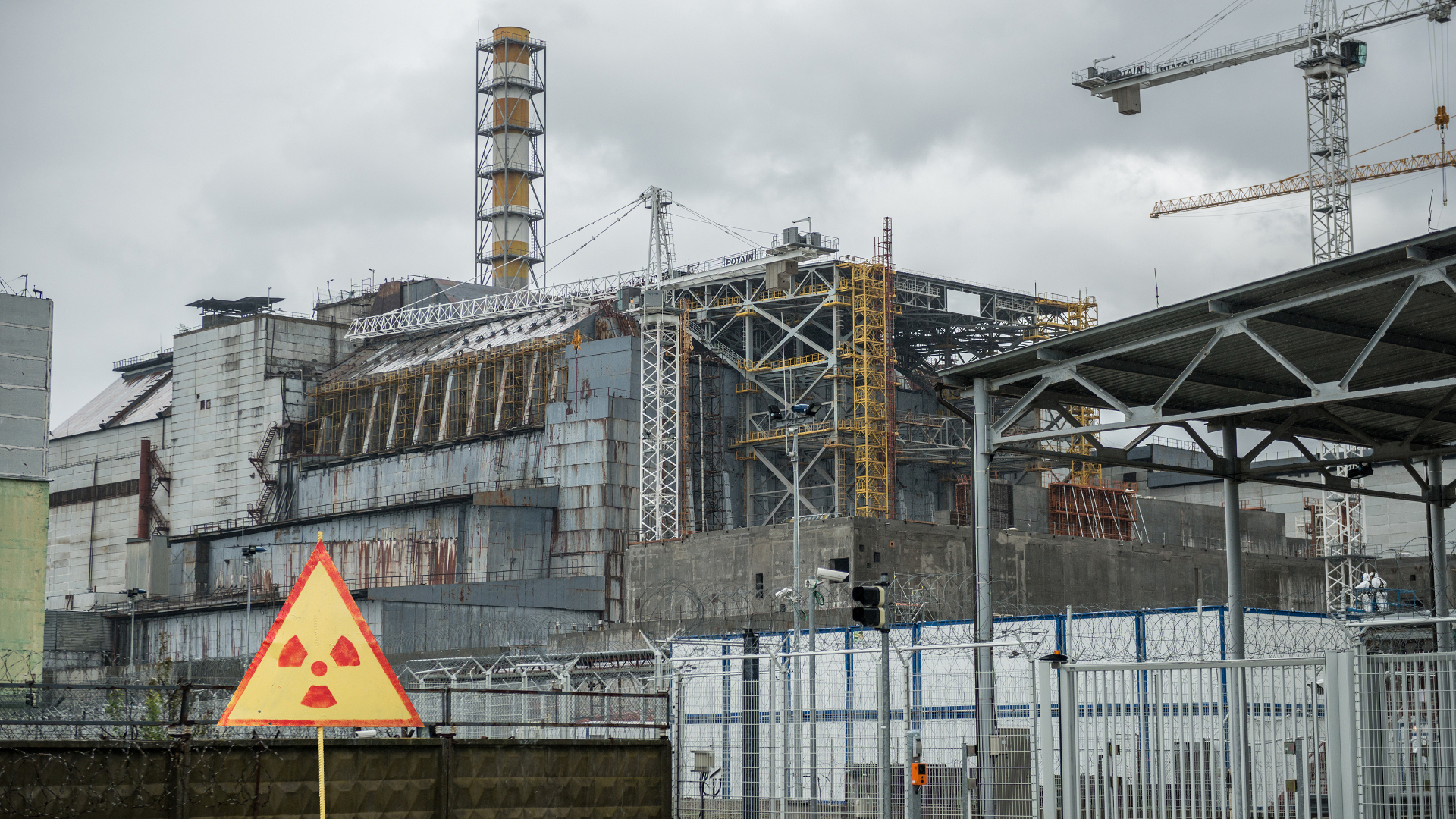
Is Covid China’s Chernobyl?
April 4, 2023 | Post
Just as COVID has changed our lives in many ways since 2020, Chernobyl changed the world in 1986. These were two great disasters emanating from two major communist nations. The results and consequences of both will affect us for a very long time, maybe even forever.
As many will know, Chernobyl was instrumental in accelerating the end of the Soviet Union and is critical to our understanding of this period. However, could COVID be the key to understanding, in the future, perhaps, the end of Communist China?

The TikTok dilemma: privacy risks vs the importance of free choice
March 30, 2023 | Post
TikTok has been under intense scrutiny for its data collection and sharing practices, with concerns raised about the platform’s relationship with the Chinese government and its potential for mass surveillance of Americans. But should it be banned?

Why China’s aggressive expansionism in Arunachal Pradesh is completely unjustified
February 6, 2023 | Post
The Chinese regime’s claims on Arunachal Pradesh are wholly unjustified. The preference of a region’s inhabitants as well as international agreements are far more relevant factors when determining its status than claims based on ancient history and expansionist aggression.
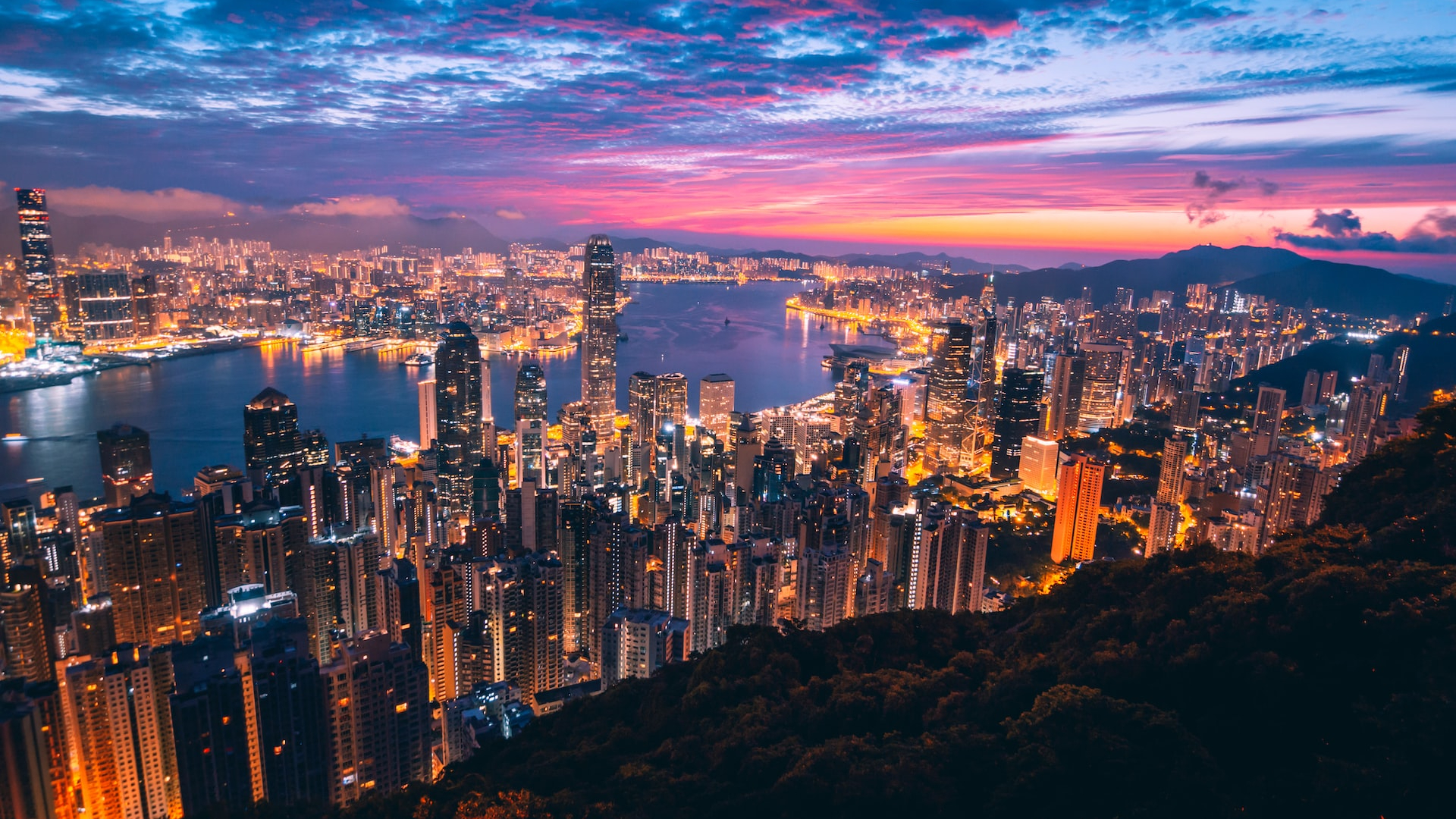
Hong Kong: a model city-state under siege
January 19, 2023 | Post
Although now under siege, Hong Kong still shines as an example of what a well-built city-state can be. Its development should be used as an example and a guide toward realizing what is possible.
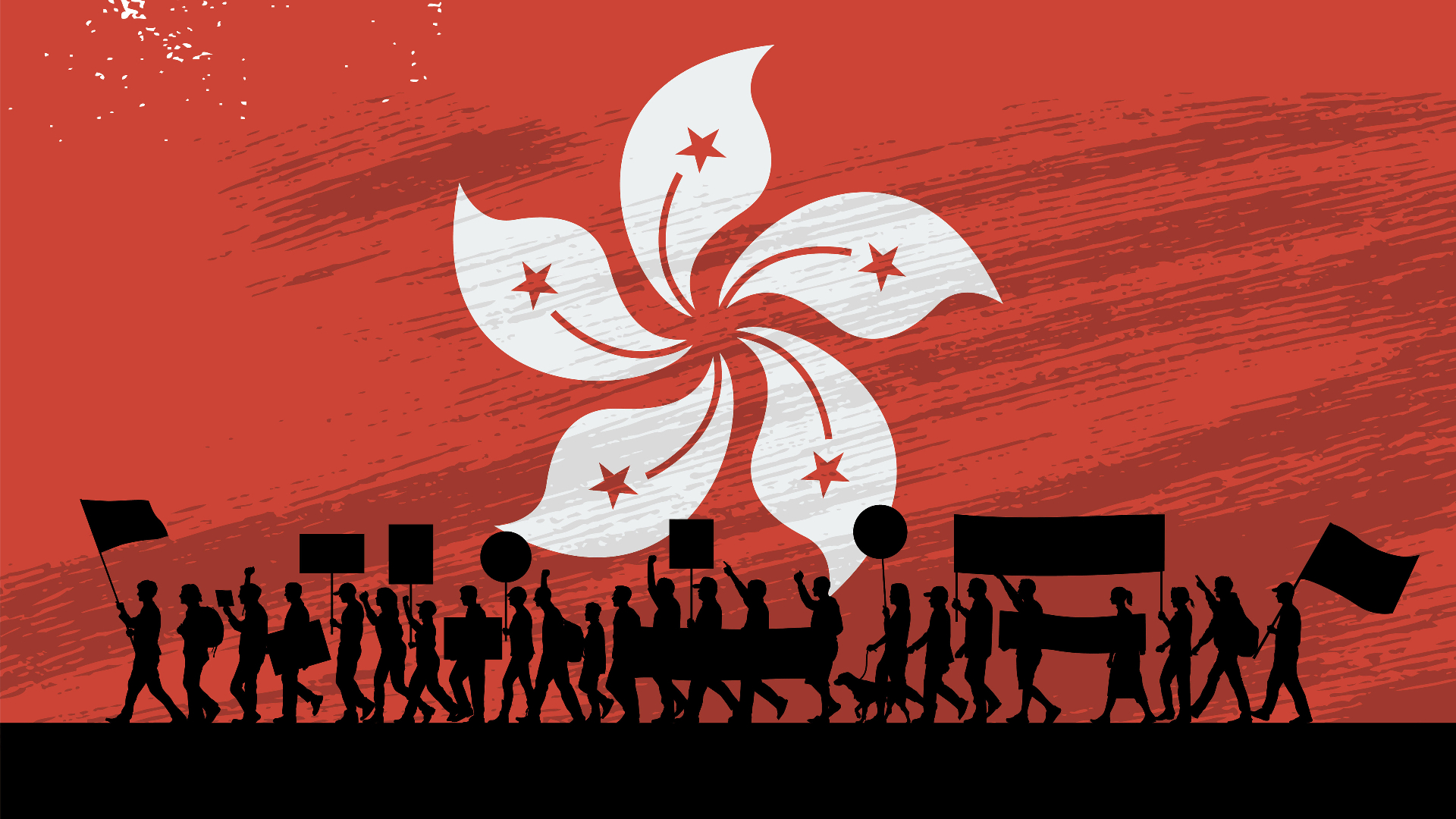
National Security Law: the crackdown on democracy and freedom in Hong Kong
January 5, 2023 | Post
China’s National Security Law has reduced Hong Kong’s autonomy and made it easier for the CCP regime to punish pro-democracy activists.
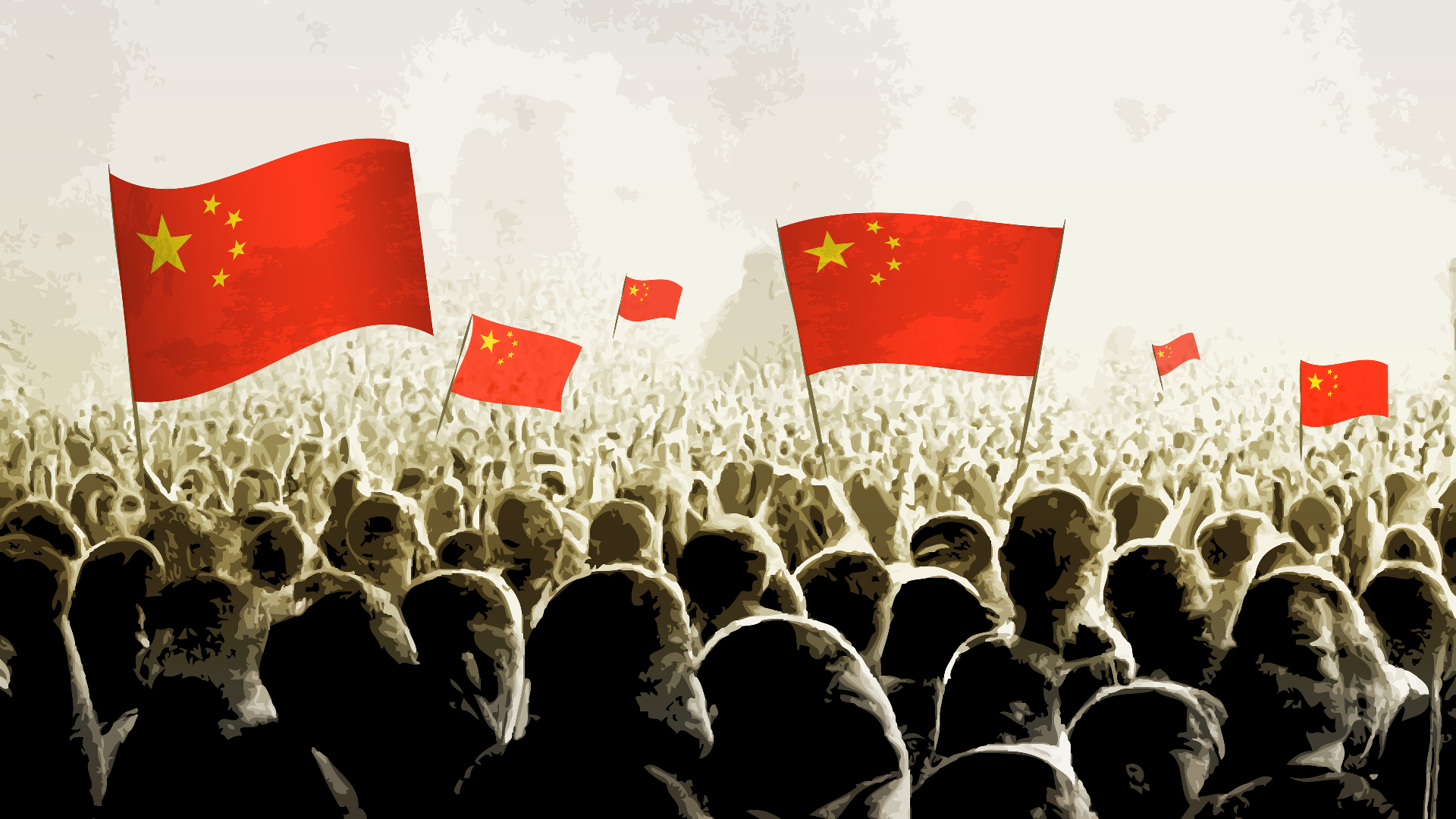
What’s happening in China: is the communist regime in trouble?
December 1, 2022 | Post
At present, whenever the world’s attention is not on the controversial Qatar World Cup, it is firmly on what is happening in China. The authoritarian, communist regime, ruled with an iron fist by Xi Jinping for the past decade, is seeing protests on a scale not seen in generations. As more cracks appear, will China’s illiberal model prove unsustainable?

Here’s why population growth is an opportunity, not a threat
November 18, 2022 | Post
The United Nations recently announced that the world’s population is now estimated to have reached 8 billion — up from 7 billion as recently as 2011. This latest milestone has seen renewed alarmism from those who believe that the planet is already overpopulated.But is population growth really such a threat to humanity? There are many reasons to believe that, quite the opposite, population growth actually amplifies opportunities for tackling humanity’s greatest challenges.
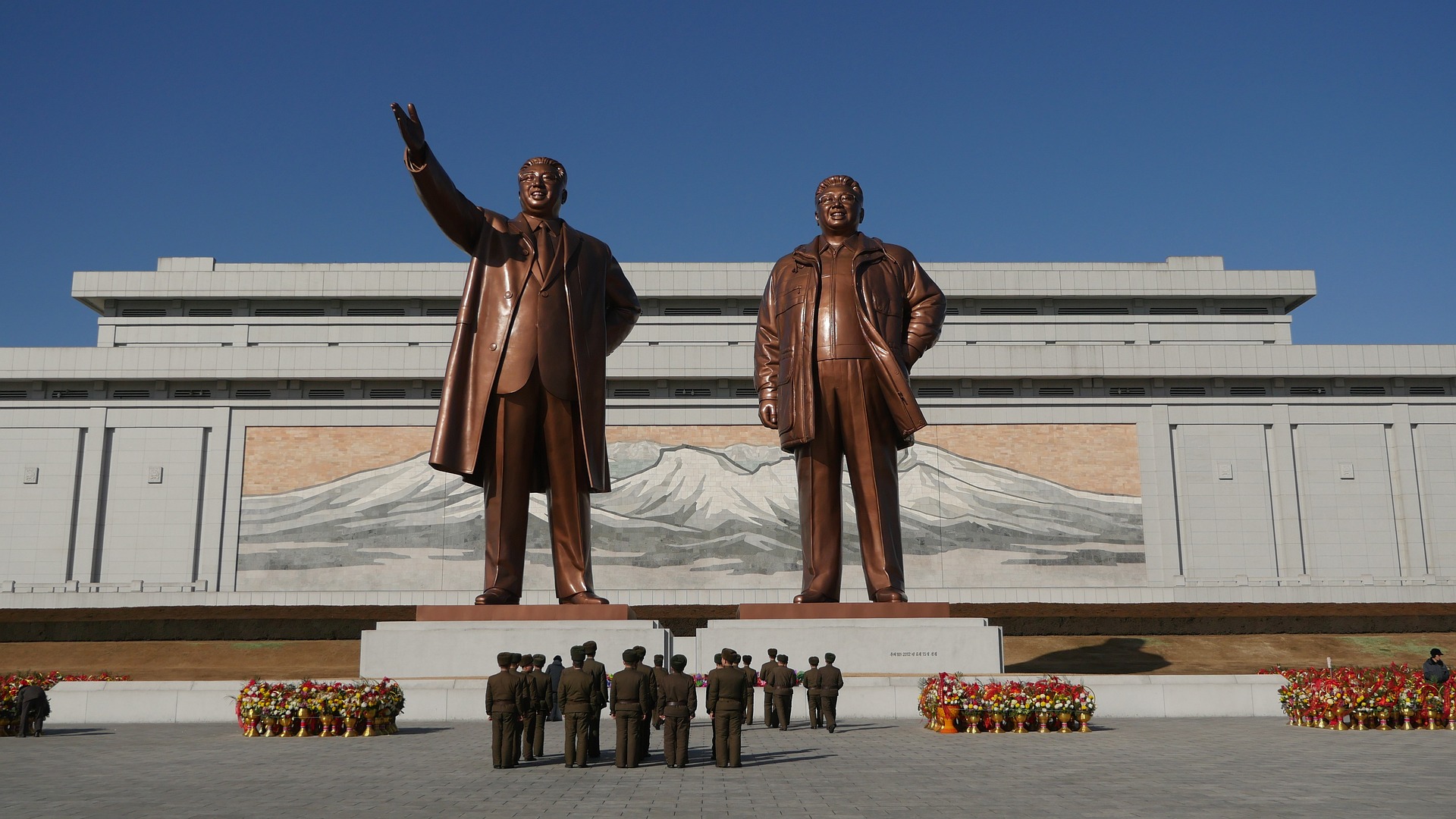
A world unsafe for autocracy
October 26, 2022 | Post
It is clear that more prudent and proactive statecraft is needed; a doctrine that accepts that the sword cannot solve every problem and a retreat from world affairs will only leave space for uncertainty. Rather, the US should embrace the prospect of working alongside diverse partners to make the world more resilient to the forces that seek to undermine free societies.

Western cultural myths about China prevent us from seeing reality
October 1, 2022 | Post
Just because something’s ancient doesn’t mean it’s wise. And just because Confucius (or even some other thinker of renown — even if that’s Ludwig von Mises!) said something, doesn’t mean it’s beyond reproach.
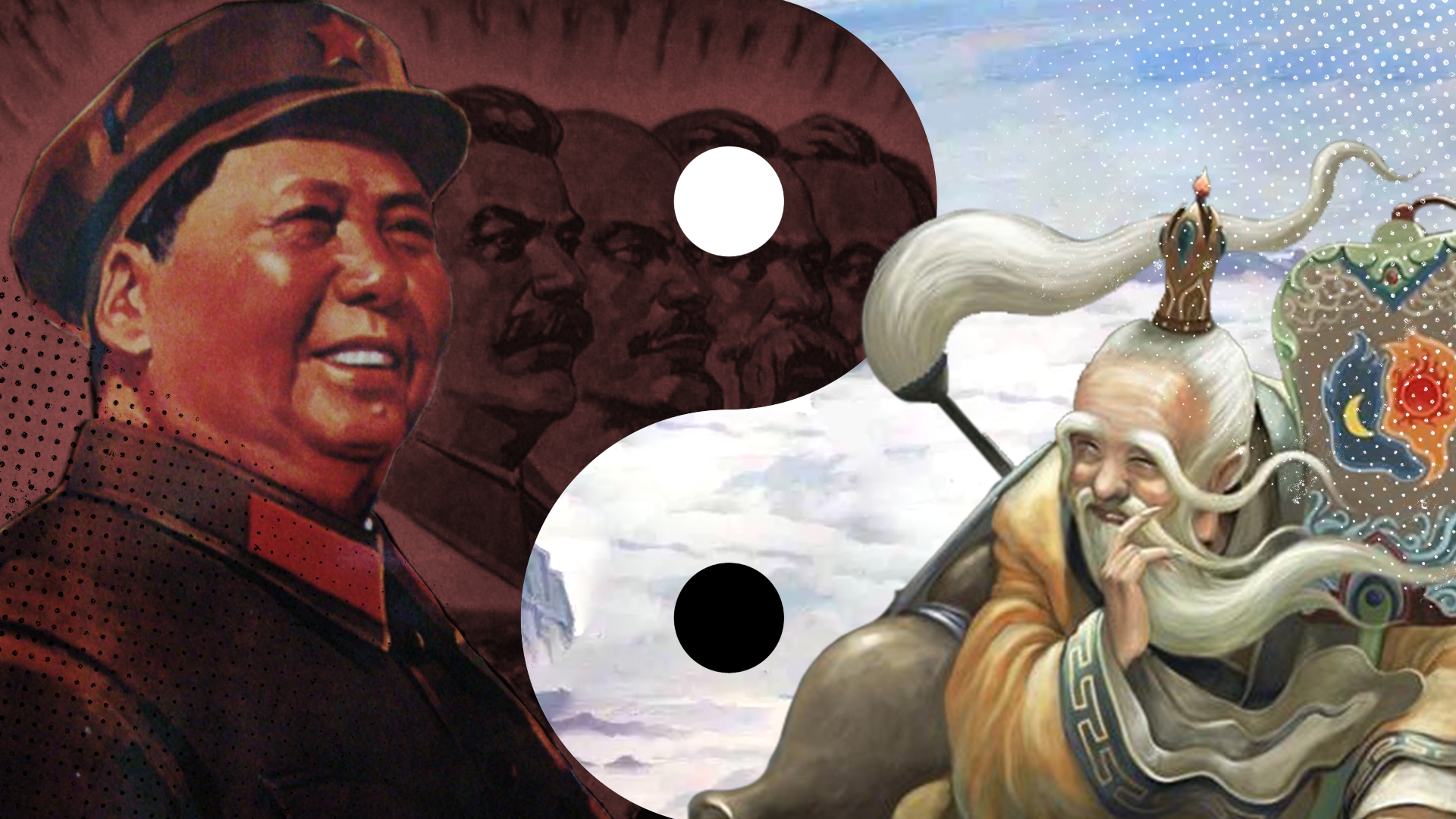
How Communism Twisted Ancient Chinese Wisdom
October 1, 2022 | Video
It’s a shameful anniversary: October 1, 1949 is the date the People’s Republic of China was founded. Ever since, a country steeped in a tradition of philosophical wisdom has been put through the torture chamber — literally and figuratively — of communism. It raises the question: how did communism take root? The answer lies in […]
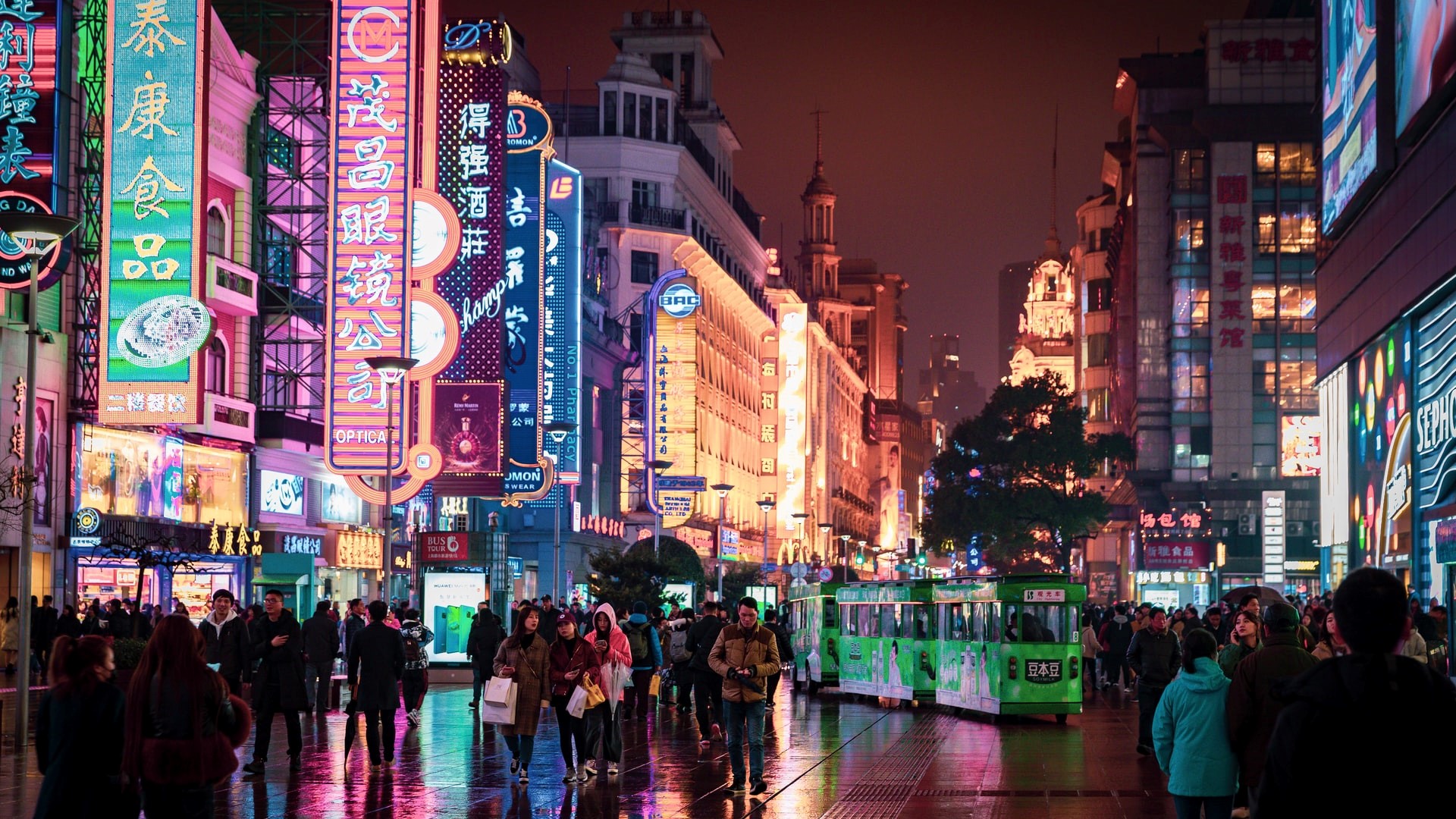
Checking in on China: why hard times lie ahead
July 15, 2022 | Post
The past couple of decades may have suggested that China’s competent, authoritarian style of governance may be an alternative model for the world. However, the regime is now faced with the consequences of its actions with a slim off ramp to preserve progress and power at the same time.
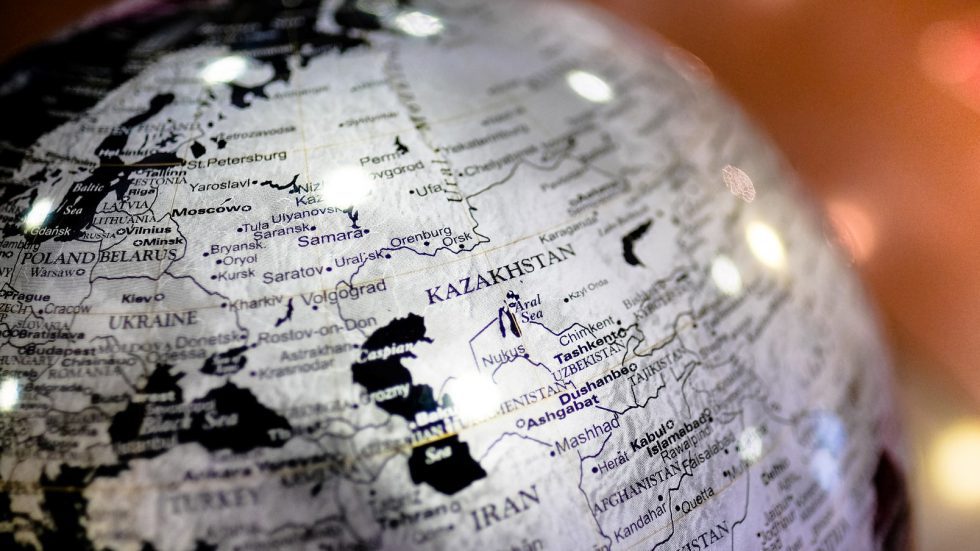
What’s been happening with the protests in Kazakhstan?
January 14, 2022 | Post
In recent weeks, the Central Asian nation of Kazakhstan has seen anti-government protests on a scale not seen during its three decades of independence

What most Americans have never heard about extreme poverty
September 13, 2017 | Post
Why did poverty decrease so much over the past 200 years, and especially over the past 30 years? Let’s look at one key example; then we’ll zoom out to the broader research.
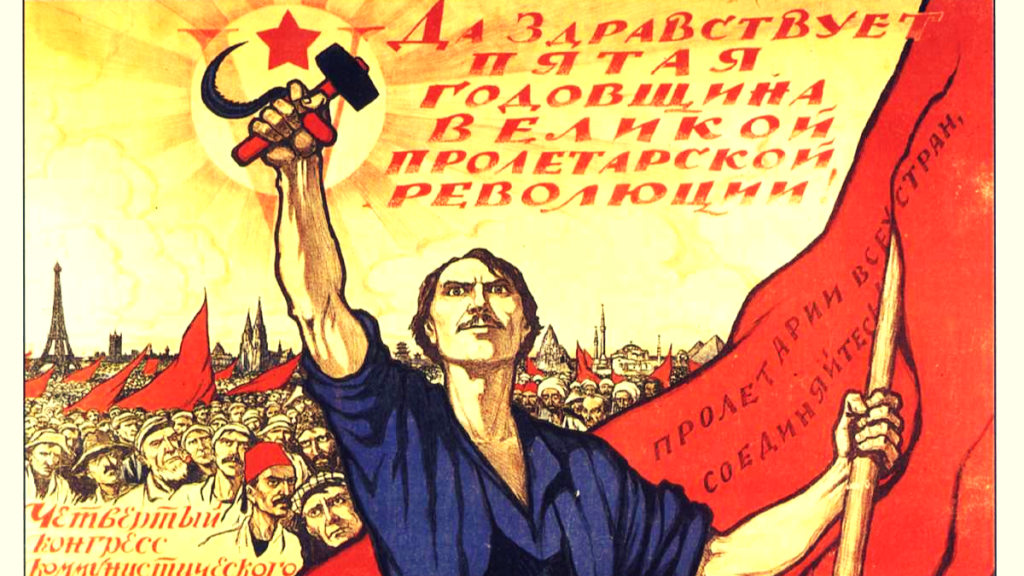
How schools and the media cover up communist crimes
November 21, 2016 | Post
An astonishingly high percentage of millennials do not know who communist leaders like Mao Zedong and Vladimir Lenin were.
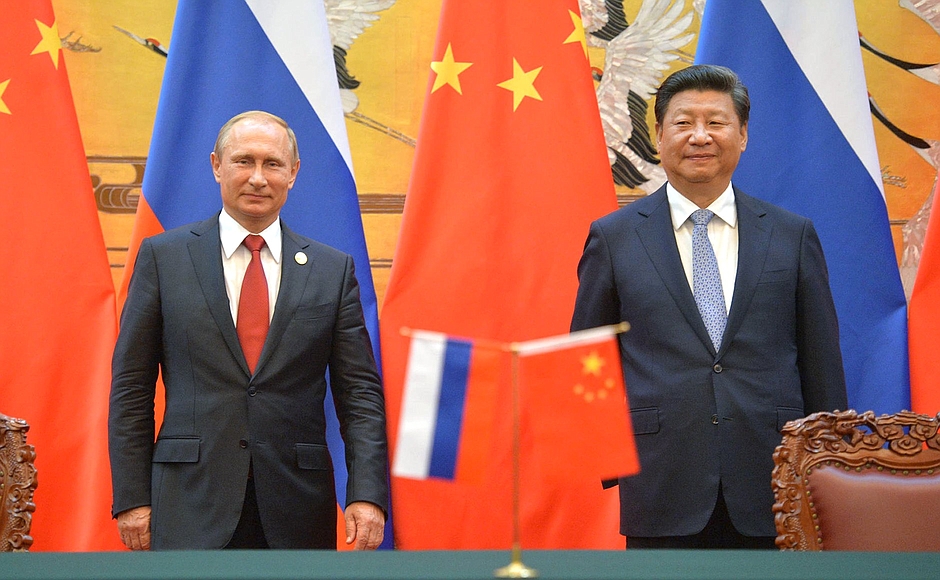
The history of Red China should serve as a warning about today
October 1, 2016 | Post
Mao Zedong, glorified creator of the PRC slaughterhouse, is considered responsible for the death of over 70 million fellow Chinese citizens during his reign. The carnage was for various reasons: state-enforced relocation, implementation of various socialist schemes, mass pogroms against citizens possessing counter-revolutionary tendencies and, sadly, the worst famine in human history.
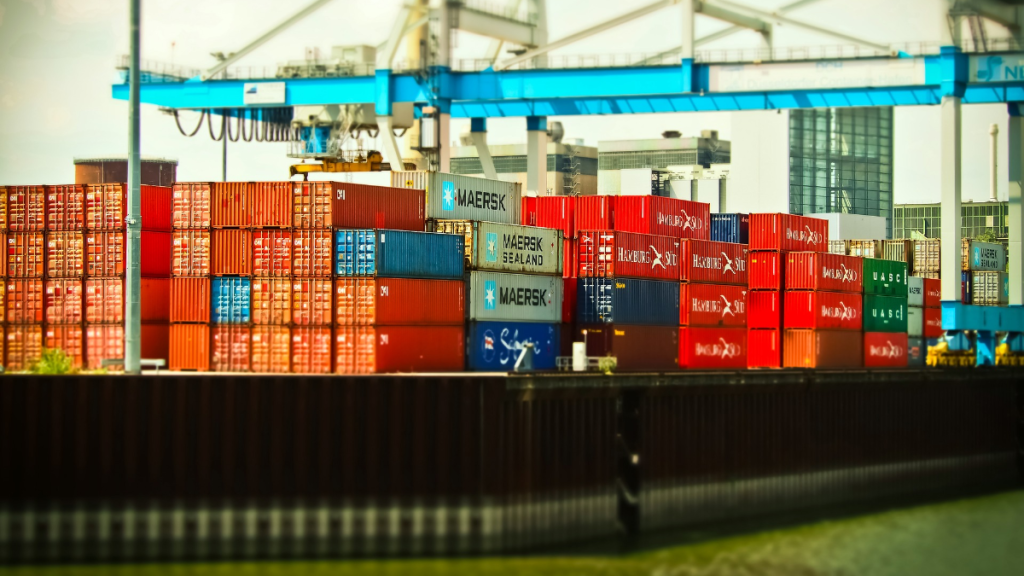
Why a “Job-Killing” Trade Program Deserves Americans’ Support
August 21, 2016 | Post
A preoccupation with jobs over productivity is not sound economics as Professor Mihail Nica explains.
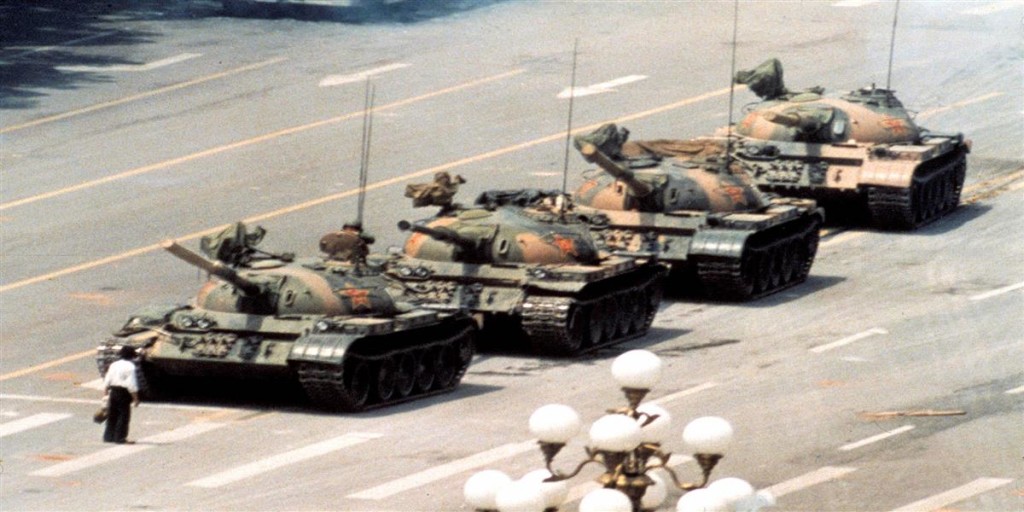
Civil Disobedience: One Lone Man and the Tanks of Tiananmen
June 5, 2016 | Post
On this date, June 5th, 1989. Approximately a decade following the Tiananmen Square massacre I had the pleasure of being invited to dinner by a gentleman who claimed to know a great Chinese restaurant. Over appetizers he popped the question of what it would take for me to accept China. My academic advisor at that […]

